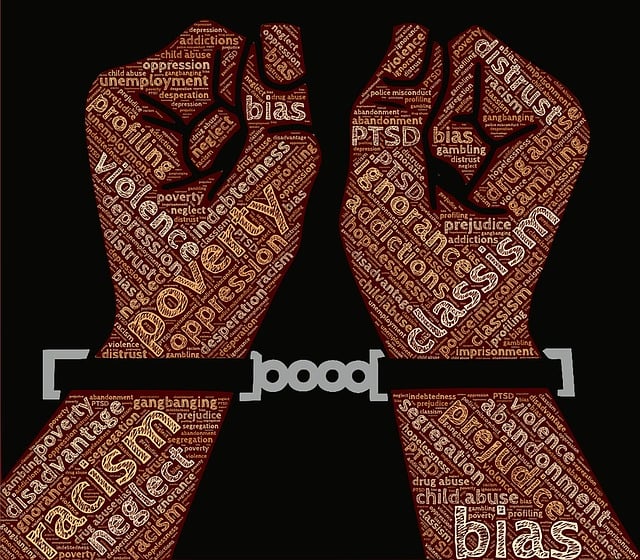Supporting Teen Challenge abuse victims requires sensitivity, expertise, and guidance. Families play a vital role in healing by recognizing trauma signs, understanding program harm, and creating safe spaces for open conversations. Connecting with professional therapists or support groups is crucial. Family support offers emotional assistance, practical help during reintegration, and advocacy for survivors' rights. Local support groups and online platforms connect families facing similar challenges, fostering community and shared understanding. Effective strategies include open communication, structured routines, regular family activities, and individual therapy sessions. Educating oneself about long-term effects enables families to provide nuanced care for recovering teens.
“Teen Challenge, a Christian-based rehabilitation program, has helped countless individuals overcome addiction. However, the journey towards recovery is complex, especially for victims of abuse within these programs. This article delves into the critical role family support plays in the healing process of Teen Challenge abuse survivors. We explore strategies and resources available to assist families navigating this challenging yet essential aspect of recovery, offering guidance and hope for those affected.”
- Understanding Teen Challenge Abuse Victims: A Complex Issue
- The Role of Family Support in Recovery and Healing
- Resources and Strategies for Supporting Families of Survivors
Understanding Teen Challenge Abuse Victims: A Complex Issue

Understanding Teen Challenge abuse victims is a complex issue that requires sensitivity and expertise. Many participants in such programs, often marketed as transformative or rehabilitation initiatives, may struggle with long-term psychological effects due to the intense and coercive environment they were subjected to. The experience can be deeply traumatic, impacting not just the individuals but also their families.
Families play a crucial role in supporting Teen Challenge abuse victims on their path to healing. They need guidance and resources to navigate the challenges ahead. This includes recognizing the signs of trauma, understanding the program’s potential harm, and providing a safe, non-judgmental space for open conversations. Effective support also involves connecting with professional therapists or support groups specializing in helping families affected by such experiences.
The Role of Family Support in Recovery and Healing

Family support plays a pivotal role in the recovery and healing journey of Teen Challenge abuse victims. When a young person has experienced trauma or abuse within the Teen Challenge program, having a strong support system at home can significantly impact their ability to heal and rebuild their lives. Family members become crucial allies in this process, offering a safe space for expression, empathy, and understanding. This support network helps survivors process their experiences, manage any emotional distress, and develop healthy coping mechanisms, fostering resilience against potential triggers or setbacks.
The role of family extends beyond immediate emotional support; it involves practical assistance and advocacy. Many Teen Challenge abuse victims may struggle with reintegration into daily life, school, or work. Family members can aid in this transition by providing a stable home environment, helping with transportation to therapy sessions or support groups, and offering encouragement during challenging times. They also play a vital role in advocating for the survivor’s needs, ensuring their voices are heard and their rights protected, particularly when navigating legal or institutional systems. This holistic approach to recovery recognizes that family support is an essential component in empowering Teen Challenge survivors to rebuild their lives and heal from past abuse.
Resources and Strategies for Supporting Families of Survivors

After a teenager returns home from a Teen Challenge program, support from their family plays a pivotal role in their recovery. Families can access various resources to aid this process. Local support groups offer a safe space for parents and siblings to share experiences, gain insights, and learn coping strategies. Many organizations also provide online platforms where families can connect with others going through similar situations, fostering a sense of community and understanding.
Practical strategies include open communication, patience, and creating structured routines. Families should encourage their teen to share their experiences and feelings without judgment. Regular family activities, combined with individual therapy sessions for the survivor and family members, can help rebuild trust and strengthen bonds. Additionally, educating oneself about Teen Challenge Abuse Victims and understanding the potential long-term effects of such programs empowers families to provide more nuanced support.
Support for families of Teen Challenge abuse survivors is a crucial step in fostering recovery and healing. By understanding the complex issues surrounding these victims, we can provide effective resources and strategies to help families navigate this challenging journey. Encouraging open communication, offering emotional support, and connecting with specialized organizations are key components in assisting both survivors and their loved ones. Remember that every survivor’s path is unique, so tailoring assistance to individual needs is essential for a successful healing process.
